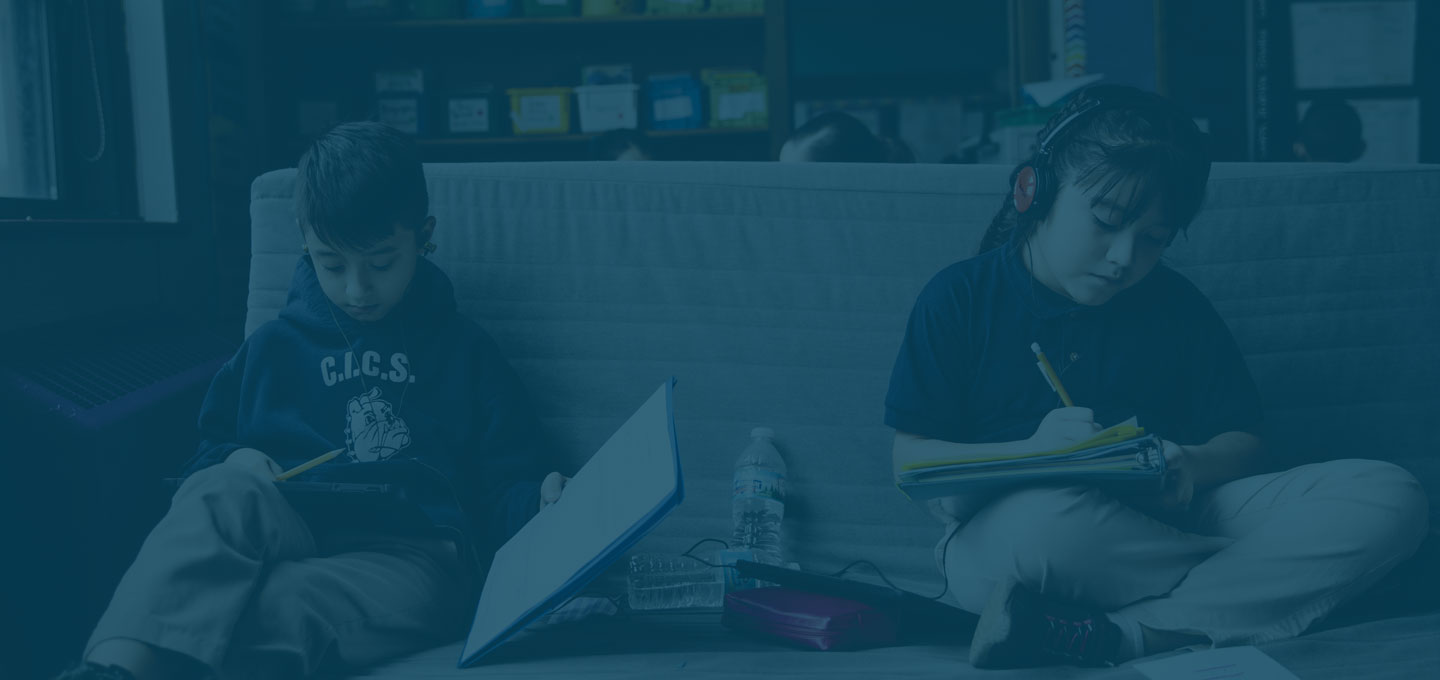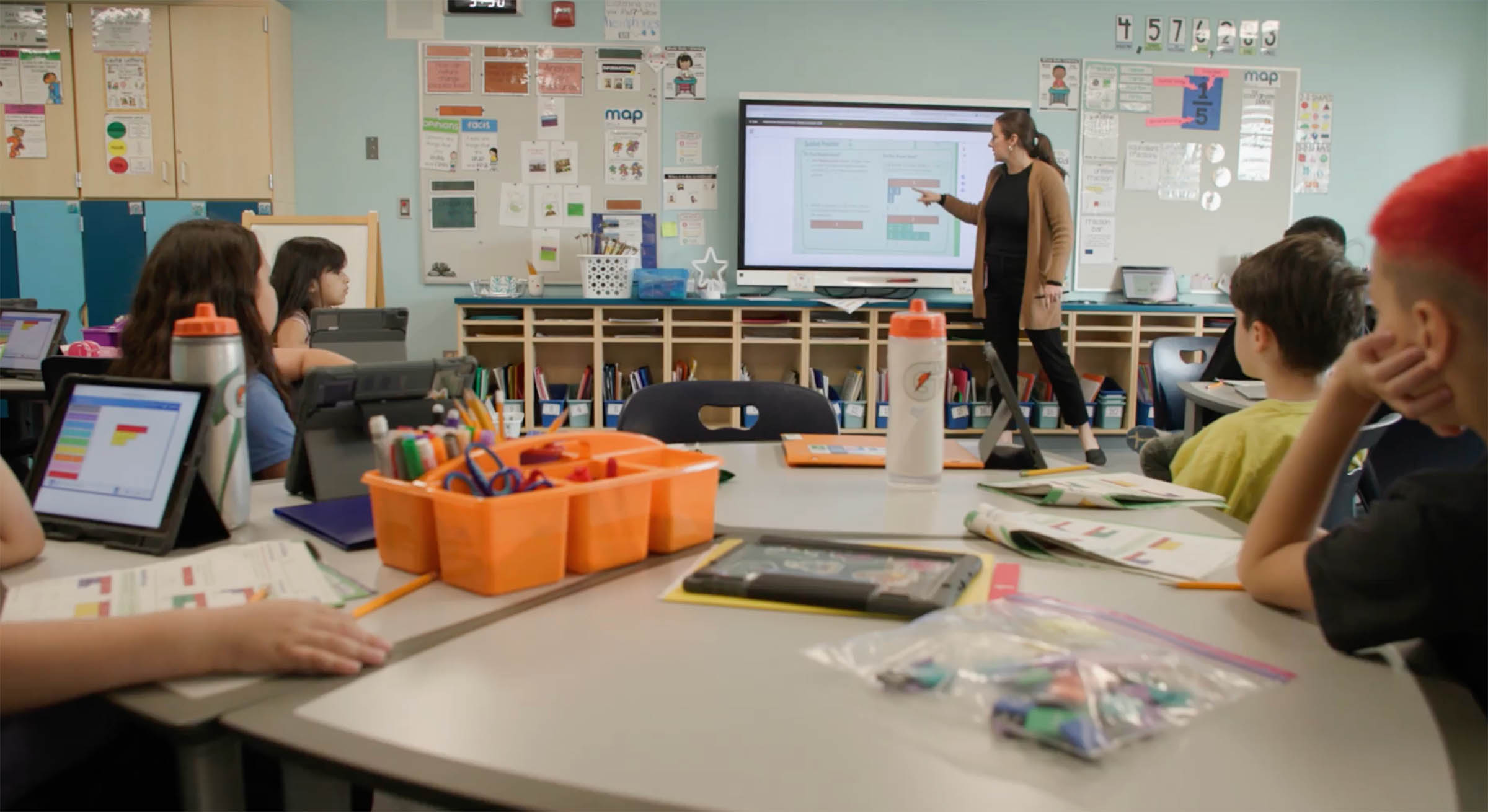
Advancing learning outcomes for all kids
Reveal and unlock opportunity with evidence-based products and services for educators and learners.

Connecting assessment to learning
Led by trusted, reliable assessments, our products and services bring actionable insights and learning solutions together to help educators solve their biggest instructional and operational challenges.
PRODUCTS
Advance growth, mastery, and equitable learning outcomes

Growth Activation
GRADES K–12
The most trusted interim assessment for performance and growth in math, reading, language usage, and science.

Early Literacy
PRE -K–5
Measure oral reading fluency, literal comprehension, and foundational skills for an entire class in about 20 minutes.

Personalized Math
GRADES 3–8
MAP Growth and MAP Accelerator™, powered by Khan Academy, work together to deliver a tailored, seamless math differentiation experience.
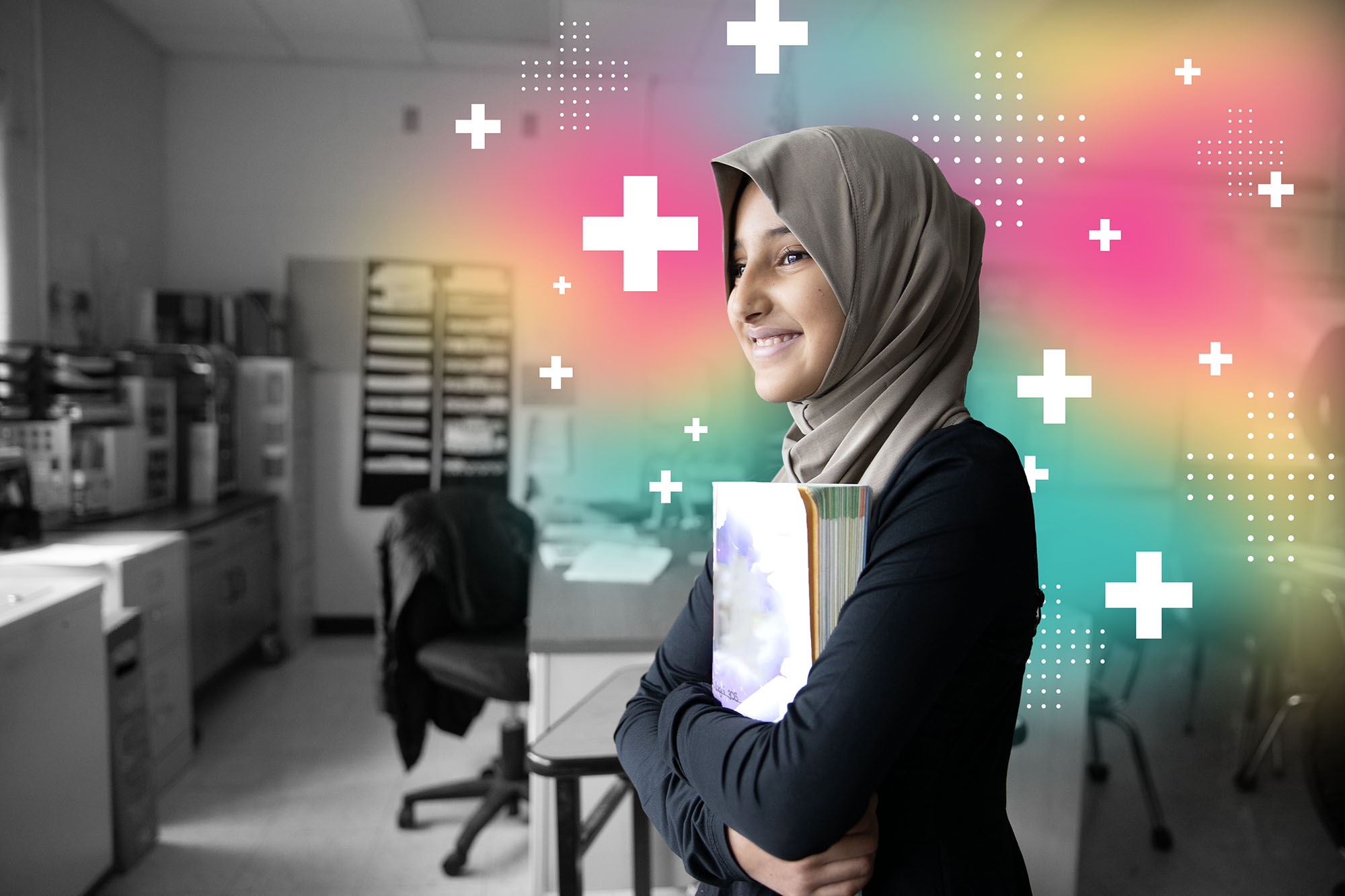
SERVICES
Experiences and coaching that drive systemic change
Evidence-based services that align assessment, curriculum, and instruction to help your classrooms, schools, and systems thrive.
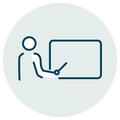
专业学习
Relevant sessions designed to foster meaningful instructional change in service of improved student outcomes
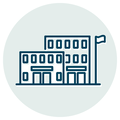
School Improvement Services
A holistic, evidence-based approach grounded in an exclusive partnership with UChicago Impact® and the 5 Essentials™ Framework

State Systems
Helping states support districts with actionable insights throughout the school year while also making accountability reporting more efficient
